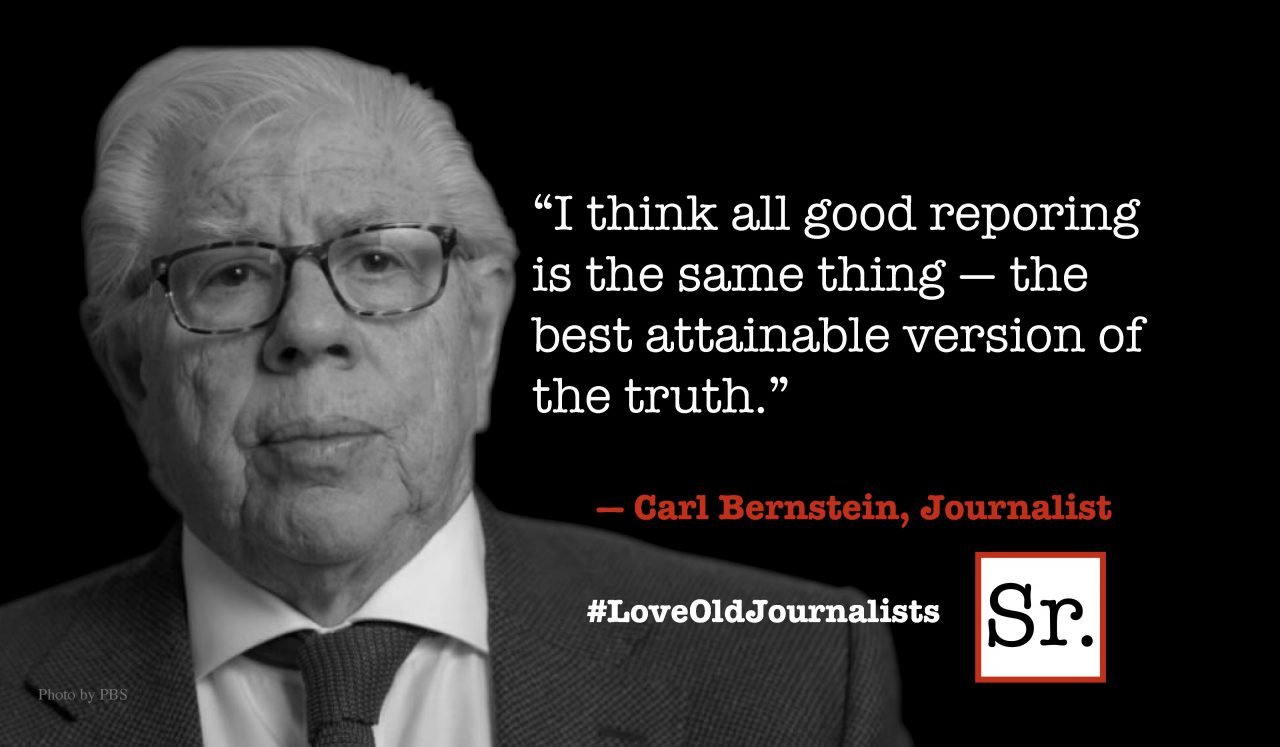“Use everything. Be used by nothing.” —Walter Starke
Folks often ask me if I worry that I will ever run out of things to write about. For one thing, friends, family members and clients generously share their ideas for weekly coaching columns, or inspire me. For another, there is just so much happening in this old world that I have to keep a running list of possible topics.
I was always grateful to be an adult college student because I could take concepts from the classroom and immediately try them out in the real world. And, that’s where the real learning took place for me. The workplace became my full time classroom.
Hooked on learning, I eventually graduated and enrolled in a new university, Life University. My new university allowed me to pretty much determine my own curriculum.
I discovered that there are little lessons in darned near everything that happens. Good stuff. Bad stuff. Stupid stuff. Funny stuff. Sad stuff. There’s always something to learn. And, once that lesson is gleaned, vetted, and practiced, it can often make work and life just a little bit better.
Life is an amazing university. If we are paying attention, we learn practical lessons that help us improve a little each day. Here are a few practices that can help us gain the most value from the School of Life.
1. Cultivate a “learner’s mind.” Become more curious and willing to learn from every situation. Be careful not to judge or label situations, circumstances or people too quickly. They could be your teacher in disguise, or the situation could be the next lesson you need to master.
2. Take time to digest each day, or week. What are you learning or being reminded of? Anything you need to unlearn?
3. Problems give us the chance to exercise our creativity and learn new approaches. Don’t curse problems; bless them and watch things change for the better.
4. Ask yourself, “What would I like to learn?” Consider keeping a running “to learn” list, along with your running “to do” list.
5. Ask better questions of yourself and others. The same old questions get us the same old answers. Nothing new there.
6. Make more mistakes. Mistake making is a great way to learn new stuff. Put yourself in challenging or uncomfortable situations more frequently, and see what you can learn about yourself.
7. Judging or blaming ourselves puts us in a mindset that makes the learning curve much bumpier.
8. Use everything. Good stuff. Bad stuff. Stupid stuff. Funny Stuff. Sad Stuff. You can make it all good and useful if you are willing to learn from it.
9. Remember, continuous learning is the basis for continuous improvement. Commit to practicing personal continuous learning. Make each day a little better than the one before, and you are well on your way to Your Best Decade Yet.








